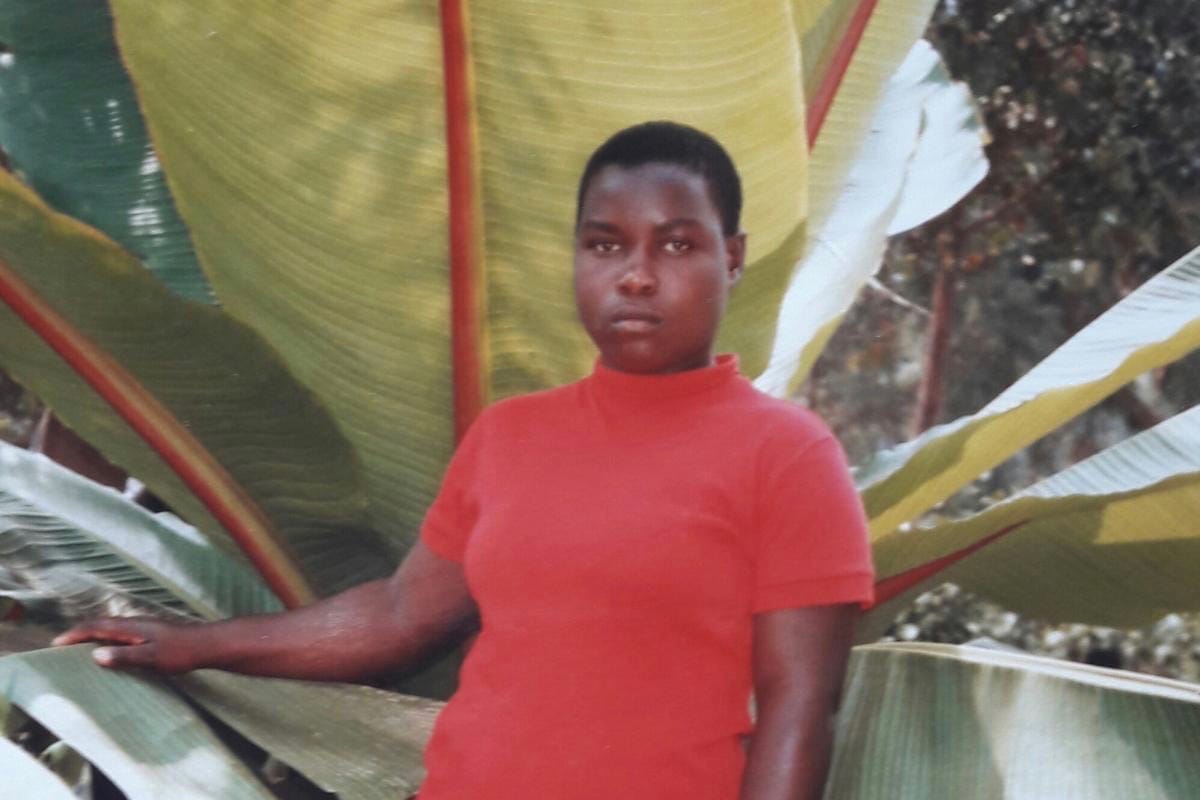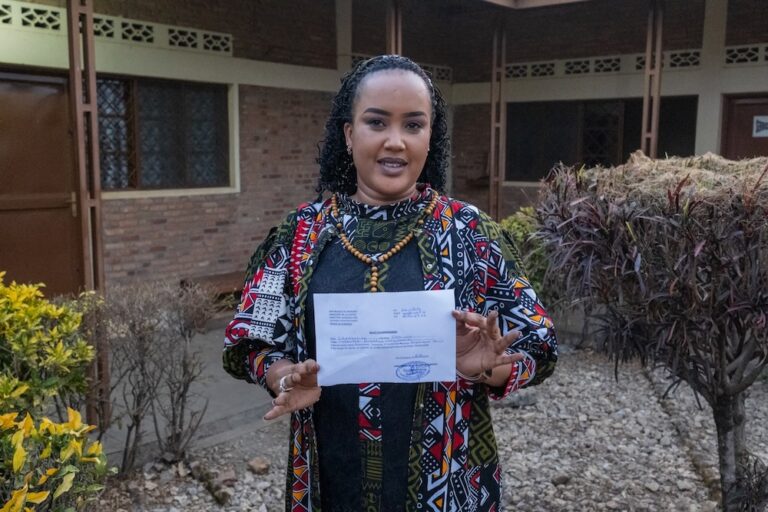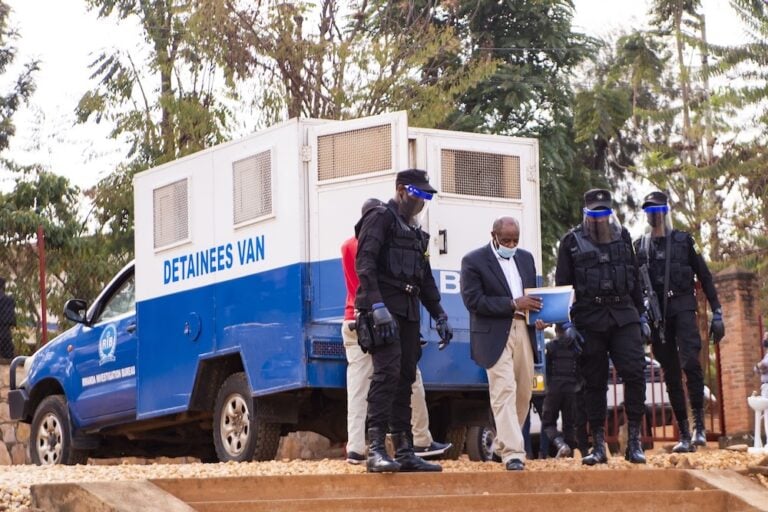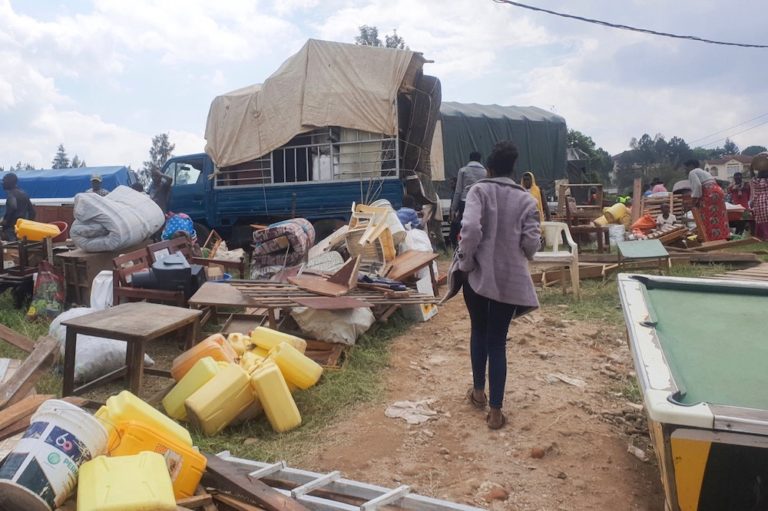Rwanda's lack of tolerance for political dissent is well known. But those who oppose having their land taken away are also finding out the government has little patience for opposing views.
This statement was originally published on hrw.org on 31 March 2017.
Military and civilian authorities in western Rwanda have arrested, beaten, or threatened people who challenged recent government decisions to force residents off their land, Human Rights Watch said today.
One case involves a long-standing land dispute in Nyamyumba, Rubavu district, where local authorities have begun forcing residents off their agricultural land in favor of another family with a disputed claim to the land. The other involves the construction of a new so-called “model village” in Kivumu, Rutsiro district, where some residents who will be forced to leave their land raised concerns about what they see as insufficient compensation.
“Threats, arrests or beatings are no way to handle a situation in which people are losing their land and livelihoods,” said Ida Sawyer, Central Africa director at Human Rights Watch. “The government’s goals to settle land disputes and modernize villages are legitimate, but trampling on the rights of those most affected who express their fears for their land and their livelihood is not.”
Between January and March 2017, Human Rights Watch interviewed more than 20 residents of Kivumu and Nyamyumba and others knowledgeable about the cases, and observed and analyzed court proceedings relating to the cases.
The government intimidated, threatened, or, on some occasions, beat the few residents who criticized the government, even moderately. Officials arrested prominent community members and charged them with inciting insurrection, warning other residents not to speak out and generating a chilling effect throughout the community.
Many people who work their land for a living fear that the government-imposed solution would threaten their livelihoods. In the two cases in Nyamyumba and Kivumu, the local government imposed a solution without the full informed consent or participation of residents, and without the involvement of any judicial or otherwise independent authority to provide a fair process for adjudicating disputes, Human Rights Watch found.
In Nyamyumba, although a powerful family had longtime claims to the land, residents who farmed the land had in recent years been given land titles. One of them won a court case against the family. But in November 2016, the mayor of the district of Rubavu ordered 30 families to leave their land. Several meetings were held in the area, in which residents were threatened and prevented from speaking out. Local civilian and military authorities accused farmers who fled their villages in fear of arrest of being rebels.
When a community leader, Oscar Hakundimana, objected to the mayor’s decision, he was arrested on December 7 and charged with rebellion and inciting insurrection. Residents who protested his arrest were beaten. His trial started on March 28, 2017.
In Kivumu, preparations have begun to construct a “model village,” a centralized settlement in which four families will share a modern home that is provided with basic amenities, such as water and electricity. Residents in the area will be forced to leave their homes and farms to make way for the model village, with varying amounts of compensation. The government plans to create a model village in each of the country’s 30 districts.
While Kivumu residents have welcomed some aspects of the plan to build a modern village, many say that their rights have not been respected during the expropriations process, including the right to free expression, fair compensation, and public participation, and that they fear serious negative consequences for their food security and income when they have to leave their land. Others are not comfortable with the idea of sharing a home with other families, in a grouped settlement. Several residents who attempted to ask questions or raise concerns about the process told Human Rights Watch that local authorities intimidated or threatened them and told them to keep quiet.
A student and political activist from the region suspected of opposing the plan, Léonille Gasengayire, was arrested in August 2016, and charged with inciting insurrection. Residents who tried to testify on her behalf at her trial were intimidated. A court acquitted and released her on March 23, 2017.
The Rutsiro district mayor told Human Rights Watch that she was not aware of any criticism of the expropriations. The Justice Ministry and other local officials did not respond to repeated requests from Human Rights Watch to discuss its research findings on these two cases.
Rwanda is the most densely populated country in continental sub-Saharan Africa. Land is a scarce resource and has been a cause of tension throughout the country’s history. In 2001, Human Rights Watch published a report on a government policy to regroup Rwandans in government-created villages, employing coercion against those who resisted, resulting in many human rights abuses. Land was often expropriated without due compensation or consultation with the residents, and many Rwandans who spoke openly against the policy or refused to obey were punished by fines or arrest.
“The Rwandan government’s intolerance for dissent goes beyond political opposition leaders, journalists, or human rights activists who dare to report on government abuses,” Sawyer said. “The government can demonstrate its genuine commitment to the basic rights of its people, rights such as freedom of opinion and expression and fair process, by releasing Oscar Hakundimana immediately. It should stop harassing others who have spoken out against the government’s land decisions.”
For more details on the Nyamyumba and Kivumu land cases, please continue reading on hrw.org.
The Rwandan government’s intolerance for dissent goes beyond political opposition leaders, journalists, or human rights activists who dare to report on government abuses.Ida Sawyer, Central Africa director at Human Rights Watch
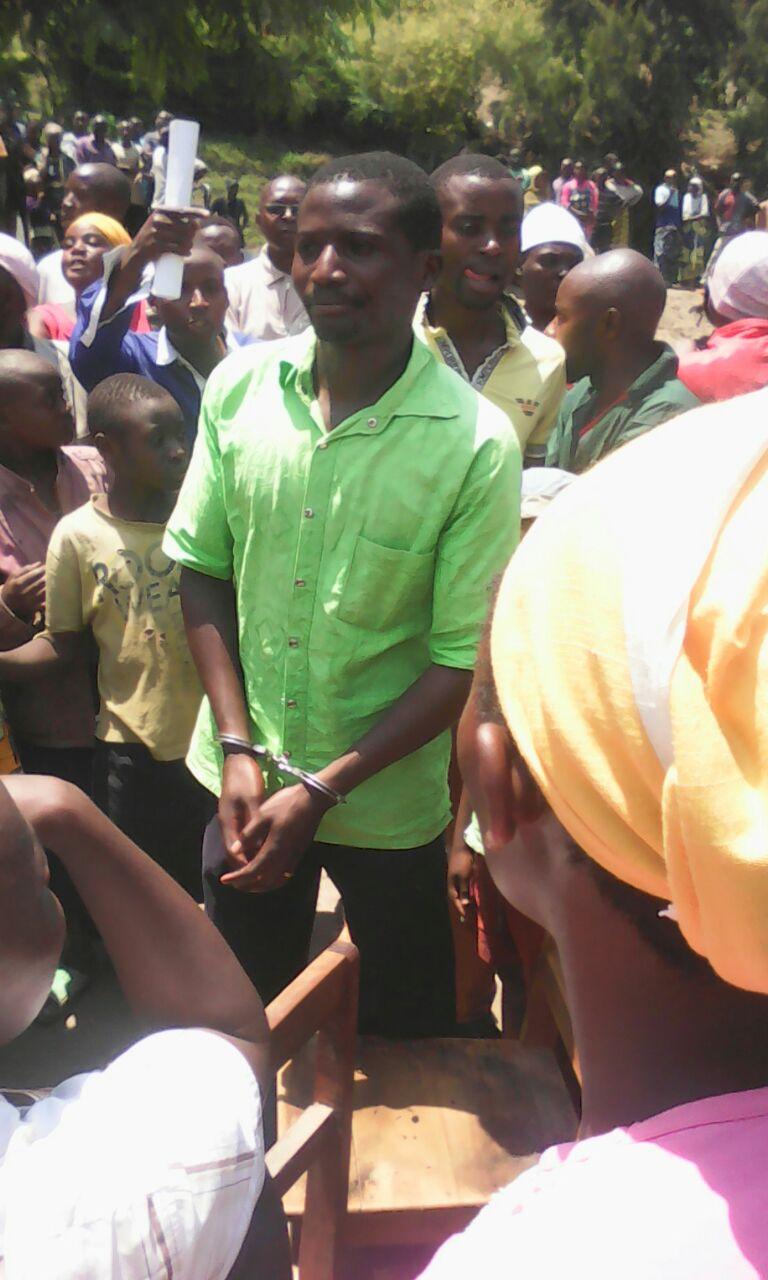
The arrest of Oscar Hakundimana in Nyamyumba, on 7 December 2016, after he voiced objection to a government decision to force 30 families off their lands© 2016 Private
